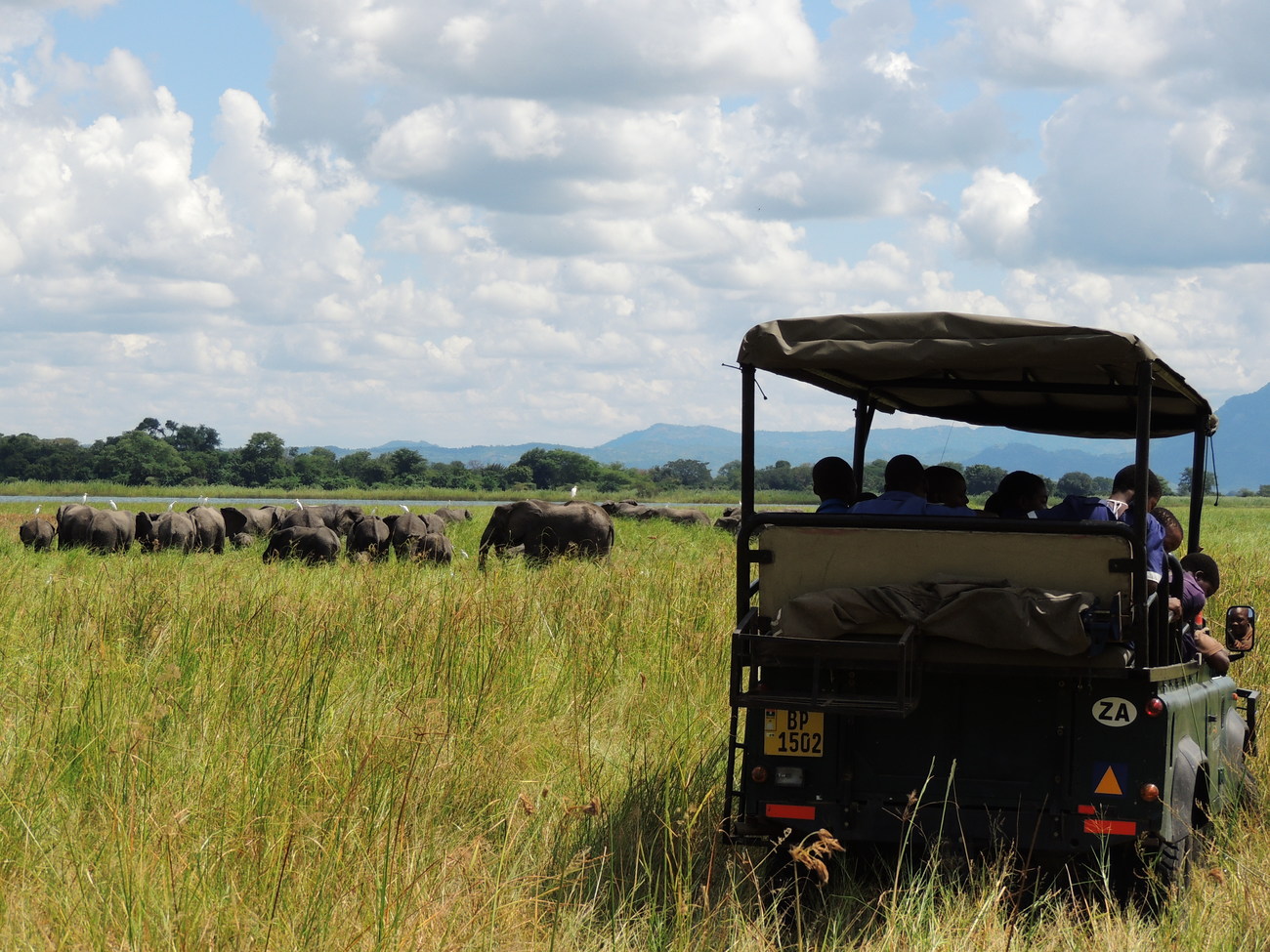beyond COVID-19: a conservation approach to preventing the next pandemic
beyond COVID-19: a conservation approach to preventing the next pandemic

COVID-19 has had devastating consequences for the entire world at large. However, it is only the latest in a long line of human diseases that have originated in animals (referred to as zoonotic diseases). Other such devastating diseases—SARS, HIV, Ebola, and Avian flu, to name but a few—have caused much harm to human civilisation throughout history.
IFAW’s new report entitled Beyond COVID-19: Preserving Human Health by Reinventing our Relationship with Wildlife, details how zoonotic diseases are not new at all, though their spread to human populations has increased significantly over time. Why? One reason is globalisation, which allows diseases to spread quickly across the globe. But more importantly, the key factor is our relationship with wildlife and the environment that has led to the immensely tenuous situation we find ourselves in today.
At no point in history has there been more constant and widespread contact between humans and wild animals. Sustained contact is the largest risk factor for diseases jumping to humans. The trade in wildlife for meat, pets, medicine, and even useless trinkets has become industrialised. Both legal and illegal trade in live and dead wildlife ensures that a large proportion of the global population is regularly in close, physical contact with wildlife—far too close contact. And this ultimately causes far more harm than good to human beings.
The good news is that we have the power to not only reduce the chances of another zoonotic disease or even pandemic from occurring, but also to improve both the environment and ultimately people’s health. But how?
First, we must take significant action to reduce the trade in wildlife. This includes reducing the demand for all of the above-mentioned pets, medicines, meat, and even trinkets, and shutting down live animal markets while enforcing and punishing illegal trade far more effectively.
Second, we must protect healthy habitats and wildlife populations, which are proven to vastly improve human well-being. Science has shown that exposure to natural areas results in lower blood pressure, reduced stress, and improved recovery. No culture or civilisation is healthy without a healthy habitat, be it through pockets of nature or broader swaths of geography. And, with a healthy habitat, comes a healthy wildlife population. Unfortunately, we are destroying this habitat and its biodiversity faster than at any other point in history. What we must do is invest in its conservation and hence the conservation of its rich wildlife.
Finally, we must increase monitoring of potential hotspots of disease transmission. By directing funding and attention to disease surveillance, we can respond sooner and more swiftly to potential zoonotic disease outbreaks.
The time is now to direct our attention to preventing the next pandemic. This three-pronged approach of reducing wildlife trade, protecting wildlife habitat and biodiversity, and improving disease surveillance, will not only serve to protect nature, but to protect ourselves as well.
In just a short period of time, we have seen what only one zoonotic disease can do to human beings. Directly affecting human health as well as the economy, with sadly even more severe impacts on marginalised groups, COVID-19 has proven devastating for both individuals and global society. Our chronic tendency to overstep boundaries with no regard for ecological consequences is one of several factors that led to COVID-19. However, if we choose to finally learn from such mistakes and change the current negative relationship we have with our environment—recognising boundaries and acting as stewards of it instead of exploiters—we will reap the benefits and allow people and animals to thrive together.
-Mark Hofberg, Campaigns Officer
Related content
Our work can’t get done without you. Please give what you can to help animals thrive.